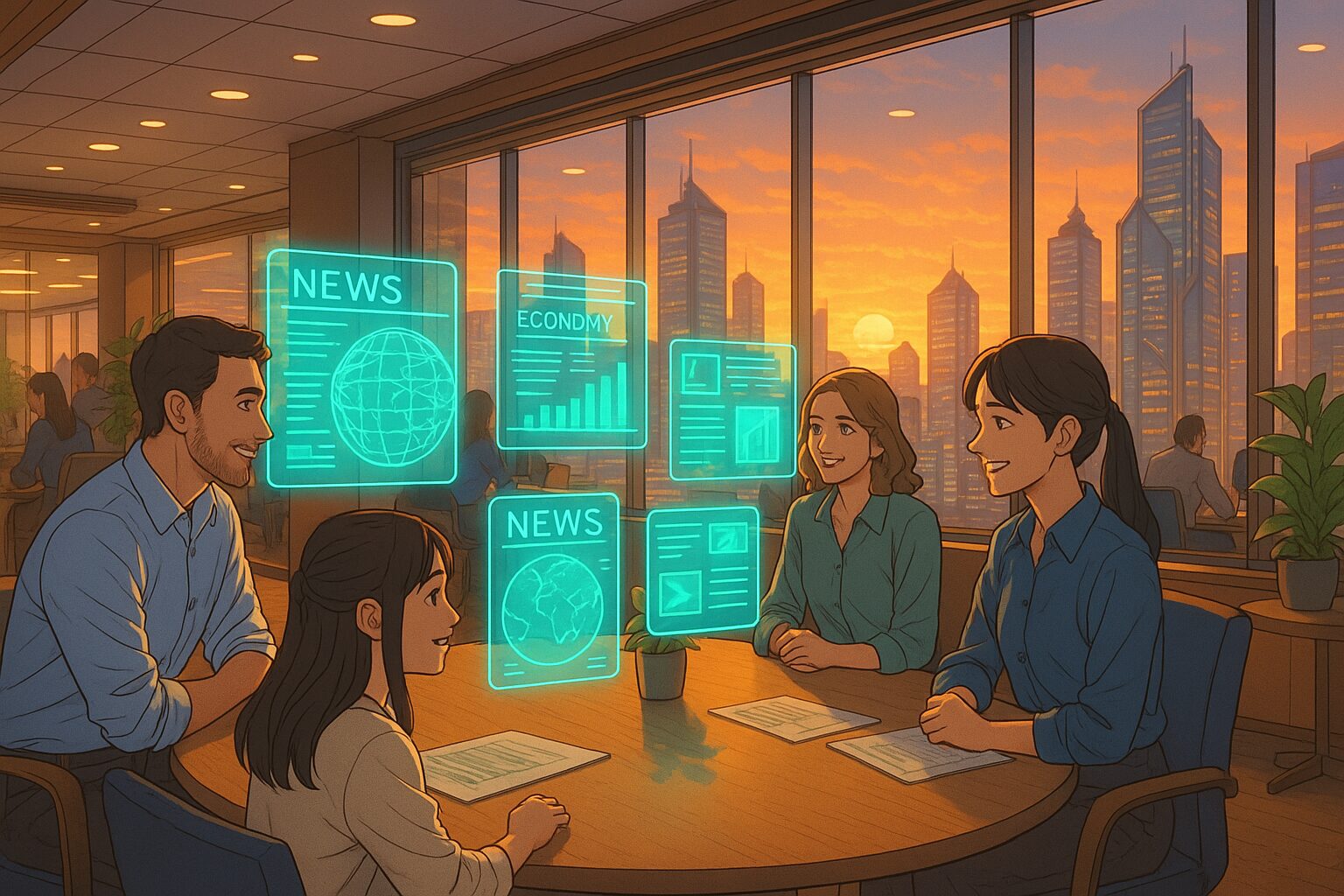The Future Without Internet Connectivity: How Do You See It?
The mere fact that you are reading this article is already proof that you are benefiting from the internet. However, you might find it hard to believe that reports from the UN (United Nations) have shown that about a quarter of the world’s population has never used the internet. Let’s think together about how this reality might change in the future and what it might bring.
1. Today’s News
Source:
Daily Mail – More than a quarter of the world has NEVER used the internet
Summary:
- About a quarter of the world’s population, or 2.2 billion people, have never used the internet.
- This situation is attributed to a lack of infrastructure and educational disparities, especially in developing regions.
- The issue of internet disconnection could exacerbate information and economic disparities.
2. Considering the Background
In modern society, the internet forms the foundation for acquiring information, communication, and economic activities. However, in areas with underdeveloped infrastructure, opportunities for connectivity are limited, restricting education and business opportunities. Why is this problem becoming so apparent now, amidst the rapid evolution of technology? It is due to the fact that society’s foundational development has not kept pace with the speed of advancements in information technology. If this continues, people may be left unable to even access information.
3. What Will the Future Hold?
Hypothesis 1 (Neutral): A Future Where Internet Connectivity Becomes Standard
With the improvement of infrastructure, there is a possibility that internet connectivity will spread globally. This could lead to equal opportunities in education, healthcare, and business, enhancing the quality of life in various regions. However, differences between regions may remain, making complete equality difficult.
Hypothesis 2 (Optimistic): A Future of Significant Internet Development
If technological innovations continue and internet access becomes available in more regions, people worldwide will be able to access the same information. This could improve the quality of education and create new business models, potentially leading to positive changes in society as a whole. People’s values may also shift towards being more open and respectful of diversity.
Hypothesis 3 (Pessimistic): A Future of Growing Information Disparities
On the other hand, in regions where infrastructure development is stagnant, information disparities may further widen, deepening social divisions. This could solidify inequality and increase the number of areas losing economic opportunities. People’s values may become more closed and conservative.
4. Tips for What We Can Do
Thinking Tips
- Imagine a world where the internet is not taken for granted and re-evaluate the value of information.
- Consider how everyday choices impact the digital divide.
Small Practical Tips
- Share knowledge gained online with those around you to contribute to the dissemination of information.
- Research information about regions without internet connectivity to deepen your understanding.
5. What Would You Do?
- How would you reach out to areas where internet connectivity is lacking?
- How do you utilize the benefits of the internet in your daily life?
- As digital technology evolves, what kind of future do you envision?
What future did you imagine? Please let us know through social media quotes and comments.









